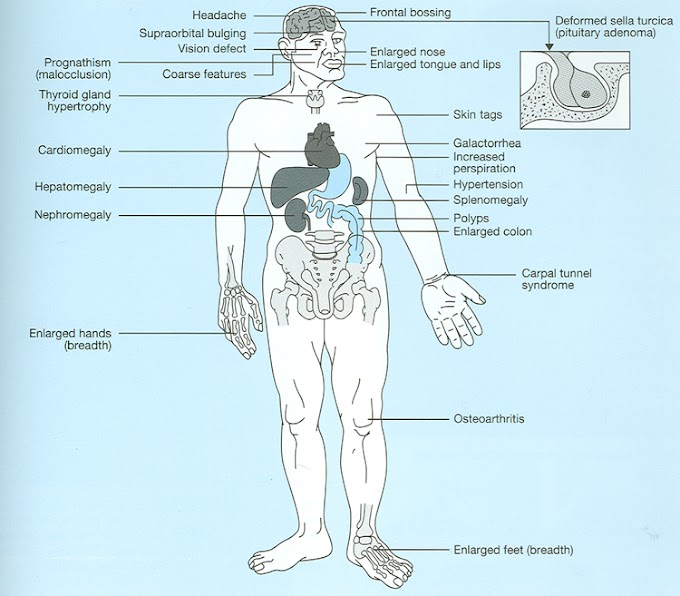
Definition
Respiratory acidosis is a condition that occurs when the lungs cannot remove all of the carbon dioxide the body produces. This disrupts the body's acid-base balance causing body fluids, especially the blood, to become too acidic.
Alternative Names
Ventilatory failure; Respiratory failure; Acidosis - respiratory
Causes
Causes of respiratory acidosis include:
- Diseases of the airways (such as asthma and chronic obstructive lung disease), which send air into and out of the lungs
- Diseases of the chest (such as scoliosis), which make the lungs less efficient at filling and emptying
- Diseases affecting the nerves and muscles that "signal" the lungs to inflate or deflate
- Drugs that suppress breathing (including powerful pain medicines, such as narcotics, and "downers," such as benzodiazepines), especially when combined with alcohol
- Severe obesity, which restricts how much the lungs can expand
Acute respiratory acidosis is a severe condition in which carbon dioxide builds up very quickly and before the kidneys can return the body to a state of balance.
Symptoms
Symptoms may include:
- Confusion
- Easy fatigue
- Lethargy
- Shortness of breath
- Sleepiness
- Arterial blood gas (measures levels of oxygen and carbon dioxide in the blood; in respiratory acidosis, the level of carbon dioxide is too high)
- Chest x-ray
- Pulmonary function test
Treatment is aimed at the underlying lung disease, and may include:
- Bronchodilator drugs to reverse some types of airway obstruction
- Noninvasive positive-pressure ventilation (sometimes called CPAP or BiPAP) or mechanical ventilation if needed
- Oxygen if the blood oxygen level is low
- Treatment to stop smoking
How well you do depends on the disease causing the respiratory acidosis.
Possible Complications
- Poor organ function
- Respiratory failure
- Shock
Severe respiratory acidosis is a medical emergency. Seek immediate medical help if you have symptoms of this condition.
Call your health care provider if you have symptoms of lung disease.
Prevention
Do not smoke. Smoking leads to the development of many severe lung diseases that can cause respiratory acidosis.
Losing weight may help prevent respiratory acidosis due to obesity (obesity-hypoventilation syndrome).
Be careful about taking sedating medicines, and never combine these medicines with alcohol.
References
Seifter, JL. Acid base disorders. In: Goldman L, Ausiello D, eds. Cecil Medicine. 23rd ed. Philadelphia, Pa: Saunders Elsevier. 2007: chap 119.




0 Comments